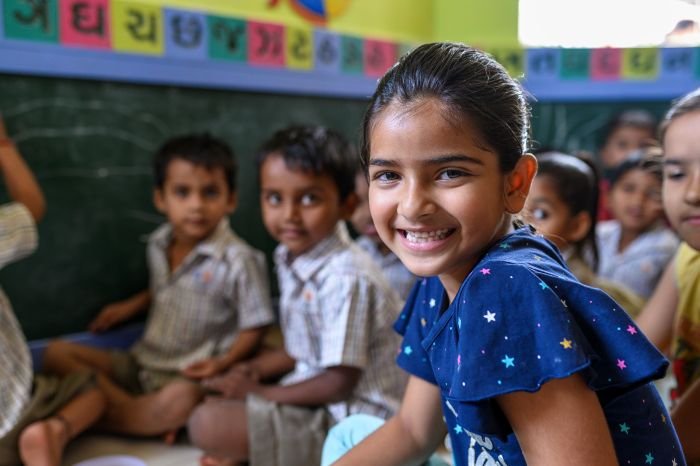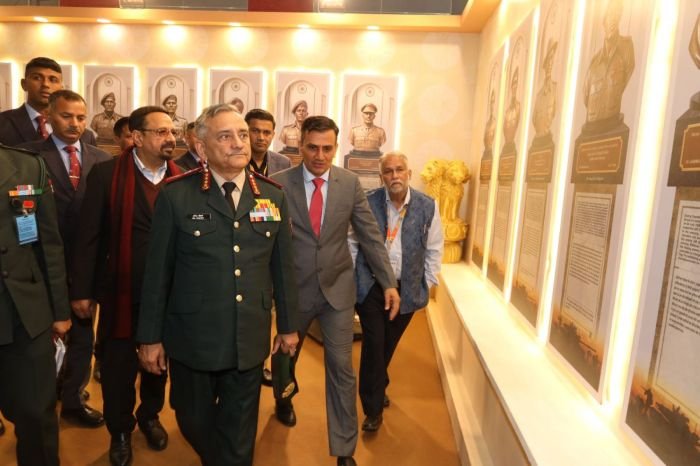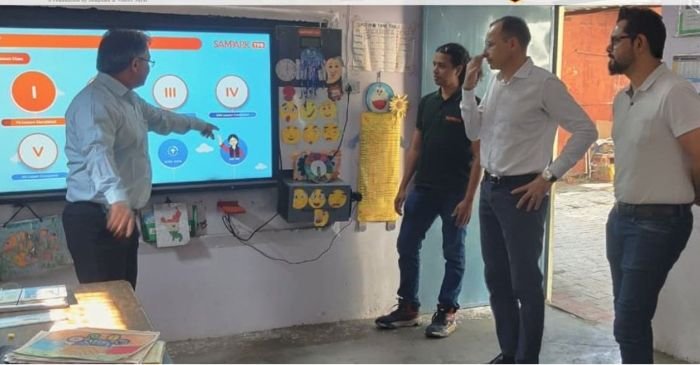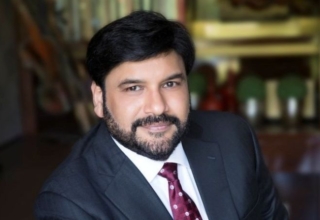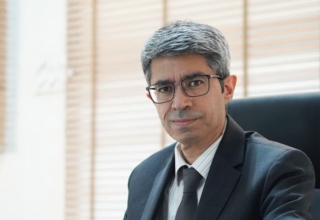
A sampler Mobile classrooms in ‘discarded ‘shipping containers an innovation by Safeducate, the education and training arm of logistic company Safexpress, was inaugurated by the Prime Minister Modi in the accompanying exhibition of a mega event convened to announce launch of Skill India imitative of the Government on World Skills Day (July 16) . The model has since remained in New Delhi at Rajaji Marg and visited by thousands including 400 parliamentarians. Costing anywhere between Rs 6 to 8 lakh, safeducate is currently operating two such schools with eight containers in Ambala (Haryana). Divya Jain, CEO, Safeducate spoke with Autar Nehru on this unique innovation and also how her group is gearing up to train 25000 youth in logistics sector in next couple of years
“Our specialized training and its spectrum to produce human resource in logistics & transportation sector is in itself a unique story in skill development in India. We are making it more institutional now.”
Container classrooms caught imagination of nation. You must be feeling proud. Tell us how did you conceive the idea in the first place?
Actually, around 2007 we started education or training of people in logistics as our parent company is in that business. I wrote a book on trucks and truckers titled ‘Horn Please’ and realized that training infrastructure including classrooms was a major handicap when it comes to train youth from villages and hinterland. In villages and even industrial areas, land is easily available but not the proper set up. So, we brainstormed and zeroed in on containers, which go into scrap after no longer in use. We refurbished containers and fitted them with reaching aids, simulators and classroom lime seating arrangement. And it was done, ready to be taken anywhere.
Can you elaborate on how it works?
A container is 40 X 8 feet and can accommodate 25 students at a time. The container classroom that we have developed can last up to 15 years. It is fitted with all that is needed to impart comprehensive training from white boards to simulators and air conditioners. The truck can transport it anywhere. So, a classroom can be set up anywhere theoretically.
A few samples is fine, but do you plan to scale up. Are you in talks with anyone for expansion?
Most MPs have shown a desire to have at least one such container schools in their constituency, which speaks about the growing popularity. NSDC is independently thinking of setting 100-150 such container schools. We will set up 20 in next two years. So, in coming years, we’ll see a movement in this direction.
Coming to your training programs, please provide details on what kind of training you provide and for whom?
Interestingly, we train people from 8th class pass to MBAs. We run various certificate programs ranging from one month to a year. We train drivers, delivery executives, warehouse operators, inventory managers, documentation assistants, management of supply chain to MBA students, and other job roles in the logistics sector. At the moment, we have a capacity of 5000-6000 people in 20 centres spread across the country which will became 10,000 next year and 25,000 thereafter. While we train, the certification is done by Logistics skills sector council.
A brief comment on the job scenario in the logistics sector?
Huge demand exist for practically all the jobs. For instance for 10 truckers we have 8 drivers, which translates into 20% shortage at present rate; etailers like Flipcart need anywhere between 50,000-60,000 delivery executives all over India.
You have collaborated with some states and also with higher education institutions and taken the skills to a new level?
Yes, we have collaboration with Rajasthan, Assam and Kerala governments. I would like to mention about Kerala where our curriculum is now part of vocational curriculum in senior secondary schools. We have set up labs in schools and are providing training. We have collaborate with LPU, Punjab and also Chitkara Universities where we train their MBA students in supply chain management. We are also going to partner with TISS, Mumbai for 3-year B.Voc degree program.
Lastly, what is your perspective on skilling programs and a few imperatives?
I think we have shown the way when it comes to specialized training. Ours is a unique model because we deal with people who train because it is an assured job. Most of our trainees come from references of people who have trained with us and got placed. While this fine, we also want to raise social profile and career aspirations of these people by providing for diploma and degree programs so that eventually they move up in social strata as well as in career progression. I think all skill providers need to think on these lines to make skill education more acceptable socially.


